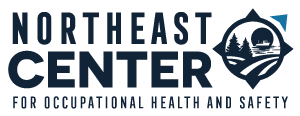Tracking Work-Related Injuries
and Fatalities
Understanding the root causes of how farmers, loggers and fishermen get hurt on the job is the first step in making work safer. While systems exist to capture workplace injury and illness data at state and regional levels, experts agree that these don’t always do a good job of catching incidents in agriculture, forestry and commercial fishing. We’ve set out to improve tracking of occupational injuries in these three industries by applying advanced computer methods such as machine learning to sift through large volumes of electronic health data.
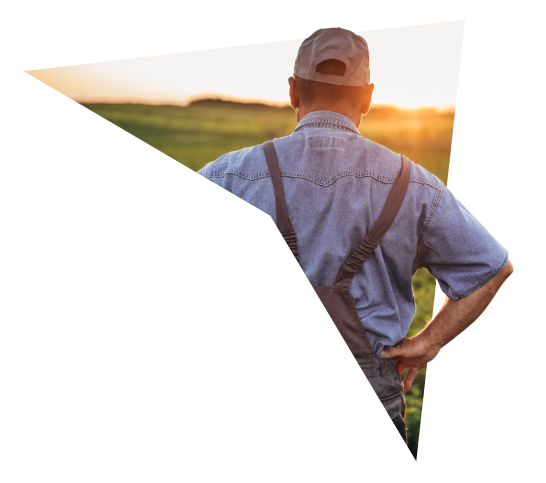
Additional Resources
Looking for injury data or to start your own surveillance system? Start with the resources below.
For surveillance data or related information
Publications
Click on the publications below to view their source.
The development of a machine learning algorithm to identify occupational injuries in agriculture using pre-hospital care reports
Scott, E., Hirabayashi, L., Levenstein, A. et al. The development of a machine learning algorithm to identify occupational injuries in agriculture using pre-hospital care reports. Health Inf Sci Syst 9, 31 (2021). https://doi.org/10.1007/s13755-021-00161-9
Using hospitalization data for injury surveillance in agriculture, forestry and fishing: a crosswalk between ICD10CM external cause of injury coding and The Occupational Injury and Illness Classification System
Scott, E., Hirabayashi, L., Graham, J. et al. Using hospitalization data for injury surveillance in agriculture, forestry and fishing: a crosswalk between ICD10CM external cause of injury coding and The Occupational Injury and Illness Classification System. Inj. Epidemiol. 8, 6 (2021). https://doi.org/10.1186/s40621-021-00300-6
Occupational Injury Surveillance Methods Using Free Text Data and Machine Learning: Creating a Gold Standard Data Set
Hirabayashi L, Scott E, Jenkins P, Krupa N. Occupational Injury Surveillance Methods Using Free Text Data and Machine Learning: Creating a Gold Standard Data Set. In: SAGE Research Methods Cases: Medicine and Health. London: SAGE Research Methods; 2020. https://dx.doi.org/10.4135/9781529720488
Emergency Medical Services Pre-Hospital Care Reports as a Data Source for Logging Injury Surveillance. Journal of Agromedicine
Scott E, Hirabayashi L, Krupa N, Jenkins P. Emergency Medical Services Pre-Hospital Care Reports as a Data Source for Logging Injury Surveillance. Journal of Agromedicine. 2019 Apr;24(2):133-137. https://doi.org/10.1080/1059924X.2019.1572558.
Estimating the cost of agricultural morbidity in Maine and New Hampshire. Journal of Agricultural Safety and Health
Jones NM, Scott EE, Krupa N, Jenkins PL. Estimating the cost of agricultural morbidity in Maine and New Hampshire. Journal of Agricultural Safety and Health. J Agric Saf Health. 2018 Jan 29;24(1):3-11. https://elibrary.asabe.org/abstract.asp?aid=48721.
Data Processing and Case Identification in an Agricultural and Logging Morbidity Surveillance Study: Trends over Time
Scott EE, Bell E, Hirabayashi L, Krupa N, Jenkins PL. Data Processing and Case Identification in an Agricultural and Logging Morbidity Surveillance Study: Trends over Time. American Journal of Industrial Medicine. 2017 Sep;60(9):811-820. https://doi.org/10.1002/ajim.22751.
Trends in Nonfatal Agricultural Injury in Maine and New Hampshire: Results from a Low-Cost Passive Surveillance System
Scott EE, Bell EM, Hirabayashi L, Krupa N, Jenkins P. Trends in Nonfatal Agricultural Injury in Maine and New Hampshire: Results from a Low-Cost Passive Surveillance System. Journal of Agromedicine. January 2017. Volume 22, No. 2. Pages 109-117. https://doi.org/10.1080/1059924X.2017.1282908
Developing Surveillance Methodology for Agricultural and Logging Injury in New Hampshire Using Electronic Administrative Data Sets
Scott EE, Hirabayashi L, Krupa NL, Sorensen JA, Jenkins PL. Developing Surveillance Methodology for Agricultural and Logging Injury in New Hampshire Using Electronic Administrative Data Sets. J Occup Environ Med. 2015 Aug;57(8):866-72. https://journals.lww.com/joem/Abstract/2015/08000/Developing_Surveillance_Methodology_for.6.aspx
Estimation of agricultural and logging injury incidence in Maine using electronic administrative data sets
Scott EE, Krupa NL, Horsman M, Jenkins PL. Estimation of agricultural and logging injury incidence in Maine using electronic administrative data sets. J Agromedicine. 2015;20(2):195-204. https://doi.org/10.1080/1059924X.2015.1009668.
Electronic merger of large health care data sets: cautionary notes from a study of agricultural morbidity in New York State
Scott EE, Krupa NL, Sorensen J, Jenkins PL. Electronic merger of large health care data sets: cautionary notes from a study of agricultural morbidity in New York State. J Agromedicine. 2013;18(4):334-9. https://doi.org/10.1080/1059924X.2013.826608
A correction factor for estimating statewide agricultural injuries from ambulance reports
Scott EE, Earle-Richardson G, Krupa N, Jenkins P. A correction factor for estimating statewide agricultural injuries from ambulance reports. Ann Epidemiol. 2011 Oct;21(10):767-72. doi: https://pubmed.ncbi.nlm.nih.gov/21884968/.
Improving agricultural injury surveillance: a comparison of incidence and type of injury event among three data sources
Earle-Richardson GB, Jenkins PL, Scott EE, May JJ. Improving agricultural injury surveillance: a comparison of incidence and type of injury event among three data sources. Am J Ind Med. 2011 Aug; 54(8):586-96. https://doi.org/10.1002/ajim.20960
Other Surveillance/Injury Articles by NEC Staff
Agricultural Fatalities in New York State from 2009-2018: Trends from the past Decade Gathered from Media Reports
Scott E and Dalton D. Agricultural Fatalities in New York State from 2009-2018: Trends from the past Decade Gathered from Media Reports. Journal of Agromedicine. 2020. 1-8. https://doi.org/10.1080/1059924X.2020.1720883
Characteristics of Agriculture Related Motor Vehicle Crashes in Rural New York State
Scott E, Hirabayashi L, Jones N, Krupa N, Jenkins P. Characteristics of Agriculture Related Motor Vehicle Crashes in Rural New York State. Journal of Agromedicine. 2019. May 30:1-6. https://doi.org/10.1080/1059924X.2019.1623143
Collaboration Articles
What about the Rest of Them? Their Lives Mattered Too: Fatal Agricultural Injuries Not Captured by the Bureau of Labor Statistics (BLS) Census of Fatal Occupational Injuries (CFOI)
Bryan Weichelt, Erika Scott, Rick Burke, John Shutske, Serap Gorucu, Wayne Sanderson, Murray Madsen, Emily Redmond, Dennis J. Murphy & Risto Rautiainen(2021) What about the Rest of Them? Fatal Injuries Related to Production Agriculture Not Captured by the Bureau of Labor Statistics (BLS) Census of Fatal Occupational Injuries (CFOI), Journal of Agromedicine, DOI: 1080/1059924X.2021.1956663
Redesigning a Sentinel Surveillance System for Collecting and Disseminating Near Real-Time Agricultural Injury Reports: System Usability Study
Weichelt B, Heimonen T, Gorucu S, Redmond E, Vechinski J, Pflughoeft K, Bendixsen C, Salzwedel M, Scott E, Namkoong K, Purschwitz M, Rautiainen R, Murphy DJ. Redesigning a Sentinel Surveillance System for Collecting and Disseminating Near Real-Time Agricultural Injury Reports: System Usability Study. JMIR Form Res 2019;3(3):e13621. https://doi.org/10.2196/13621
Using Multiple Coding Schemes for Classification and Coding of Agricultural Injury
Murphy D, Gorucu S, Weichelt B, Scott E, Purschwitz M. Using Multiple Coding Schemes for Classification and Coding of Agricultural Injury. American Journal of Industrial Medicine. 2019 Feb;62(2):87-98. https://doi.org/10.1002/ajim.22932
What is Machine Learning?
Machine learning is a form of Artificial Intelligence (AI). By providing a computer algorithm with examples of data we are looking for [e.g. a known agricultural injury], it makes predictions about what other records in the data might also be of interest to us.

1. Tagged Data

2. Training the Computer

3. Building the Model

4. Predicting Records for Visual Inspection
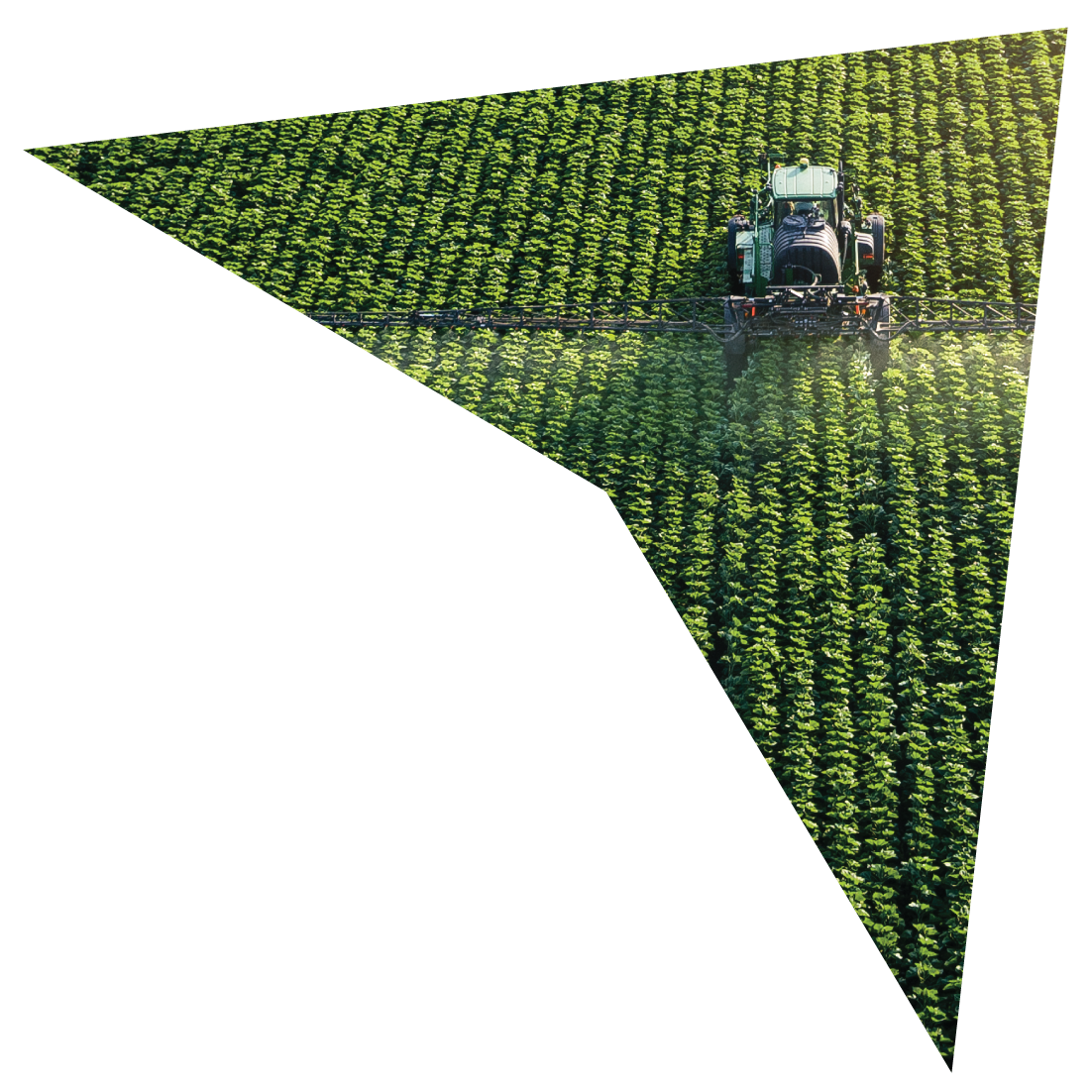
Making Progress One Data Set at a Time
In past years, finding injury reports has meant sifting through hundreds of thousands of health records, about 99% of which have nothing to do with farming, forestry or fishing incidents. Traditionally, this is often done by reviewing records—case by case by case, by hand. It’s no small task.
The Northeast Center developed a “gold-standard” dataset, consisting of approximately 50,000 pre-hospital care records that were each visually inspected and tagged, making it possible to create a supervised Naïve Bayes machine-learning algorithm. By developing this algorithm using Python programming language, we significantly reduced the burden of individually inspecting records, leaving only one percent of all pre-hospital care reports that required human review.
We paint the crosswalk
between data and decisions.
We also leverage large healthcare datasets for injury surveillance by creating a way to translate medical records into occupational health terms. This is accomplished by mapping a crosswalk between the International Classification of Disease 10th Edition External Cause of Injury Codes (ICD-10-CM E-Codes) to the Occupational Injury and Illness Classification System (OIICS).
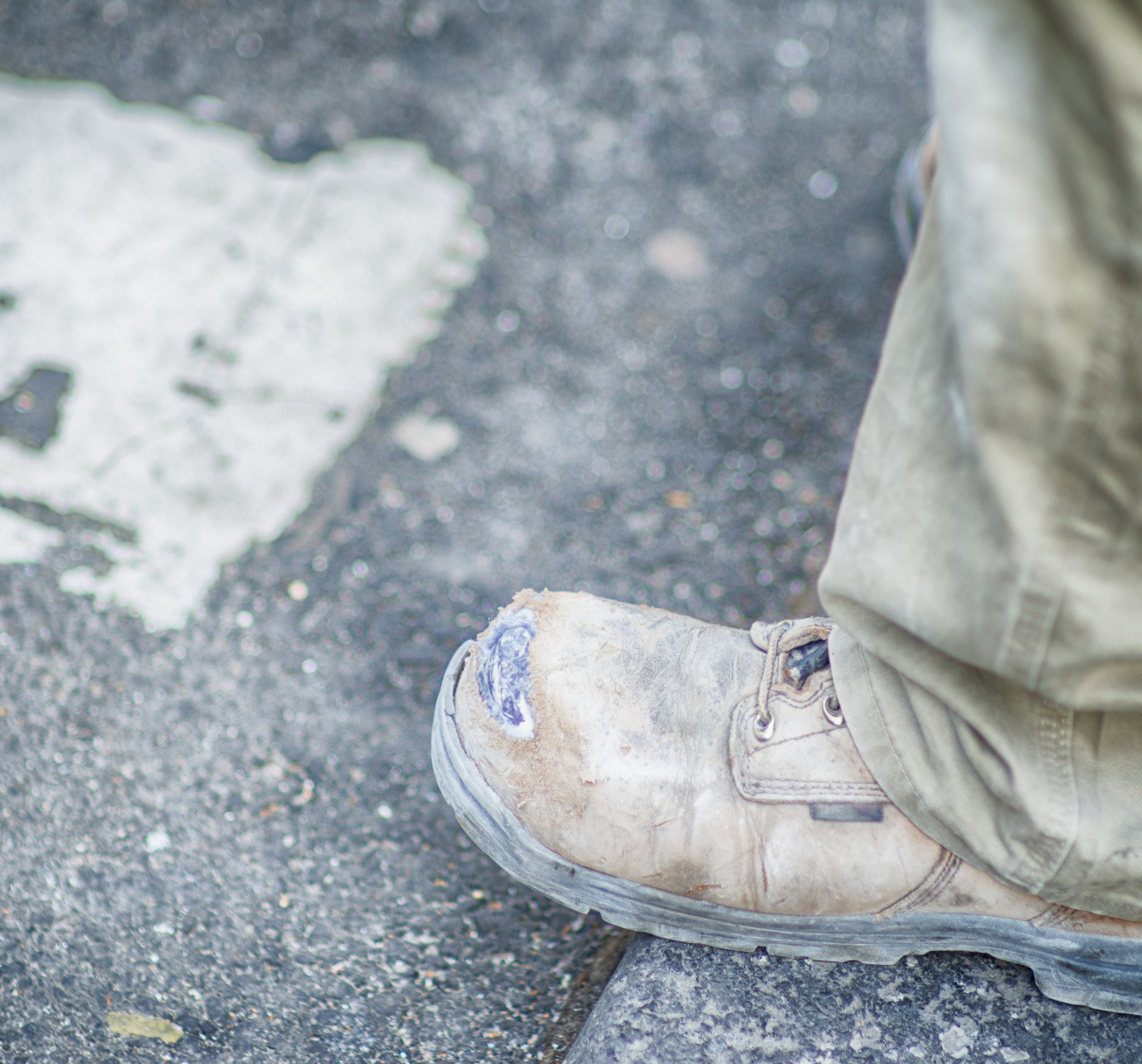
Meet the Study Team
We bring together a variety of public health disciplines to ensure the project’s success.
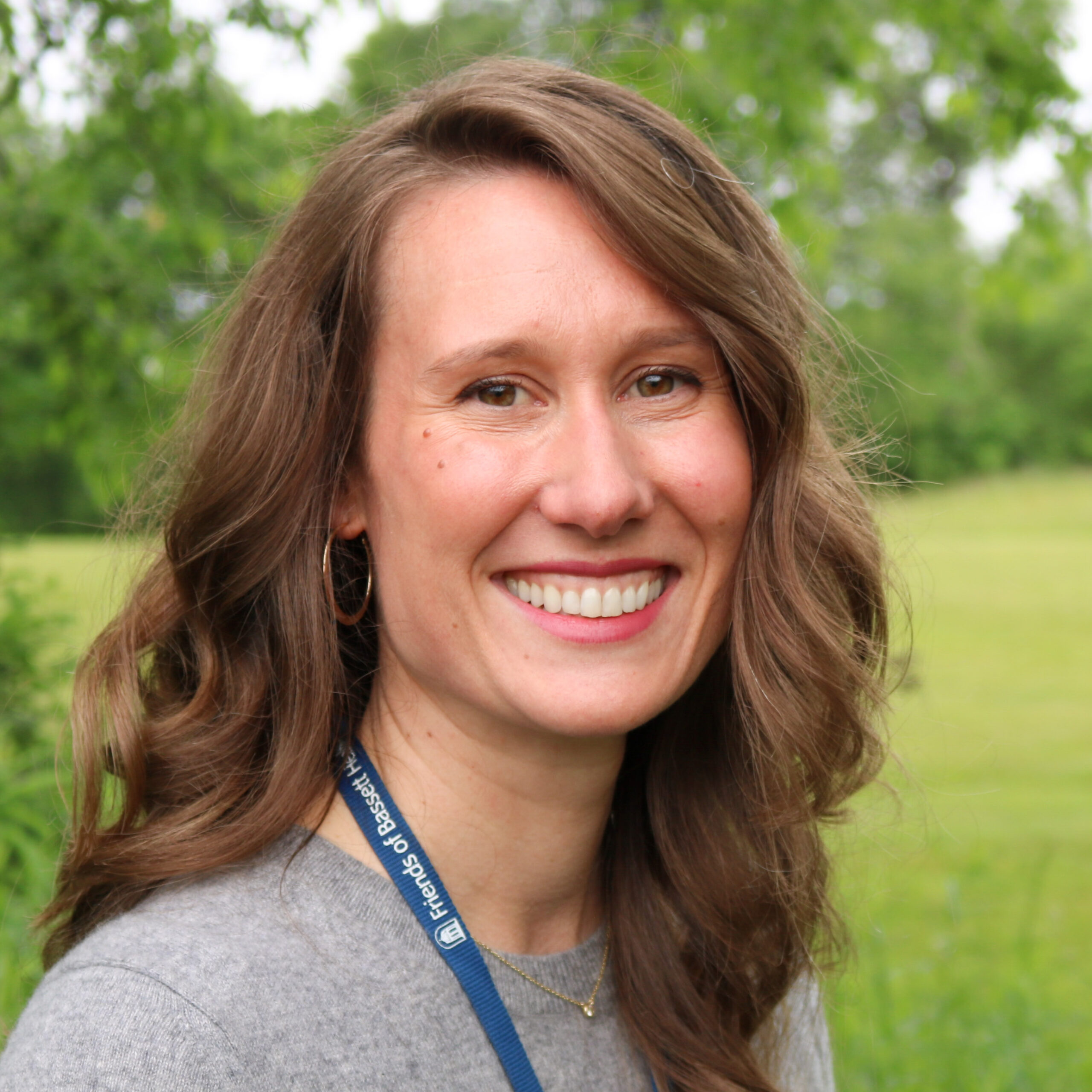
Erika Scott, PhD
Principal Investigator

Cristina Hansen Ruiz, PhD
Research Coordinator

Paul Jenkins, PhD
Co-Investigator & Biostatistician

Brenna Quinn, BA
Research Assistant

Nicole Krupa, BS
Research Informatics Analyst

Megan Kern
Data Analyst


